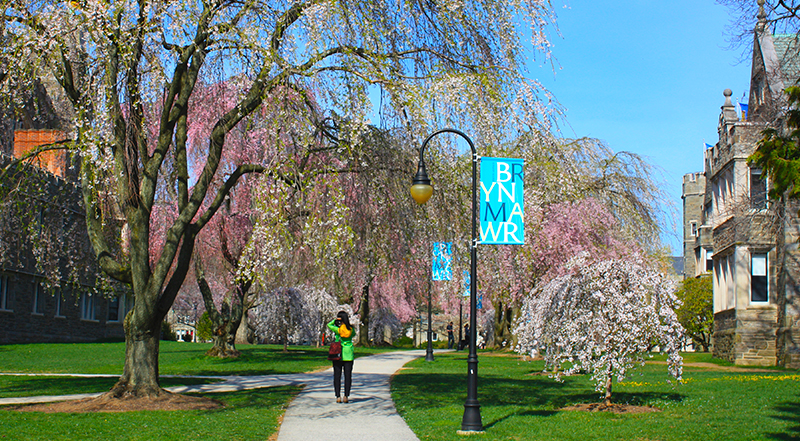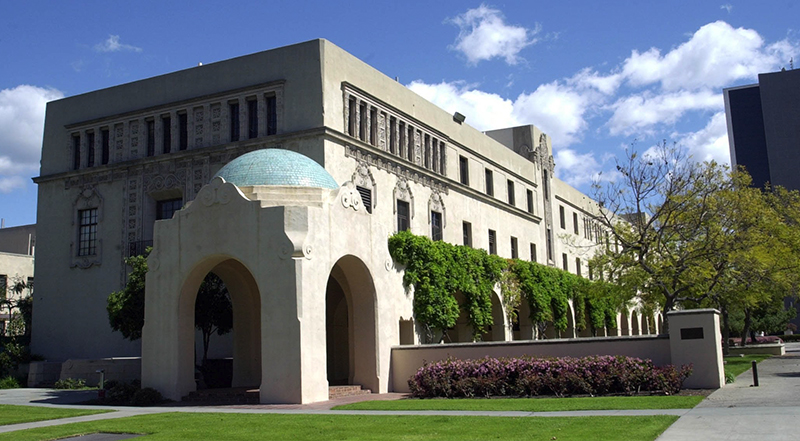
Elizabeth LaScala PhD
Located in California’s Inland Empire, UC-Riverside is approximately an hour’s drive from Los Angeles and 40 minutes from Anaheim, home of Disneyland. With just over 22,800 undergrads on 1,200 acres, UC-Riverside feels comfortably spacious in comparison to UCs in dense urban environments.
In 2020, US News named UC-Riverside the very best university for social mobility (still #2 in 2022) and in 2019 Money magazine called it “the most transformative public university in the country.” Both magazines have regularly praised UC-Riverside for its efforts to help economically disadvantaged students to complete their degrees. Over half of UC-Riverside students are the first in their families to go to college in the US.
UC-Riverside is somewhat less selective than other UC campuses. In 2022, nearly 54,700 students applied for the current freshman class and 68% were accepted. Like the other UC campuses, UC-Riverside attracts transfer students mainly from the California community colleges. In 2022, more than 12,700 students wanted to transfer into UC-Riverside and nearly 61% were offered the opportunity to do so.
UC-Riverside often has a huge wait list, offering spots to nearly thousands of hopeful freshmen-to-be, unlike many other large universities that admit virtually no one from their wait lists. In 2022, UC Riverside waitlisted 12,162 students; of those, 5,997 eventually got in.
As admissions to all of UCs get tougher every year, it is unwise to consider UC-Riverside a safety net, even for well qualified students. A good sign if the fact that if you are admitted, you’re likely to stay, with freshman retention rates averaging about 90 percent for the past six admissions cycles.
Over 60 percent of freshmen who enter UC-Riverside graduate in four years. That’s quite good for a large state school, better than other public out-of-state options that Californians often consider which have a much higher price tag, such as the University of Colorado-Boulder and the University of Oregon. Neither of those schools, nor many others, offer better connections to the Southern California job market than UC-Riverside. To better support those connections, the university’s state of the art Riverside’s Career Center opened 4 years ago. It hosts more than 200 events on campus each year, including career fairs, workshops, information sessions and networking events.
In addition to career services and employer connections, UC-Riverside’s academics offer another good reason to stick around. The university has six schools that grant undergraduate degrees: the Bourns College of Engineering; the College of Humanities, Arts and Social Sciences; the College of Natural and Agricultural Sciences; the School of Business; the School of Education; and the School of Public Policy. Students who want a more personalized experience within a UC system education should consider Riverside’s University Honors Program. It includes honors housing, special events, honors academic advising and scholarships.
UC-Riverside has the largest undergraduate business program in the UC system. Non-business students can also minor in business, and choose a concentration in marketing, management, accounting, finance, information systems or supply chain management. Undergrads who are interested in a business career can also study computer science with business applications or tackle blended social science and business majors.
A Scottish theme dominates student life at UC-Riverside. The NCAA Division 1 sports teams are called the Highlanders. Pep Band members don plaid berets and sashes as they play the “Brave Scots” fight song at sports events, accompanied by pipers and drummers. Greek life is not popular, attracting only four percent of the men and six percent of the women. But with more than 450 student organizations on campus, there is plenty of action to occupy student’s free time.
The Scottish theme extends to the residence halls, named for landmarks such as Aberdeen-Inverness, Dundee and Pentland Hills. UC-Riverside does not require first-year students to live on campus, but 75 percent choose to do so. Although the university has six student apartment complexes, most students do choose to move off campus at some point.
UC-Riverside might not have the brand recognition of UC-Berkeley or UCLA, but the students who choose to come and stay will receive no less of an education. The outcomes could be very much the same if you take full advantage of what the school has to offer.
This article is the sixth in a series about the University of California. Going alphabetically, these profiles include UC-Berkeley, UC-Davis, UC-Irvine, UCLA, and UC-Merced. To read them all click here.



